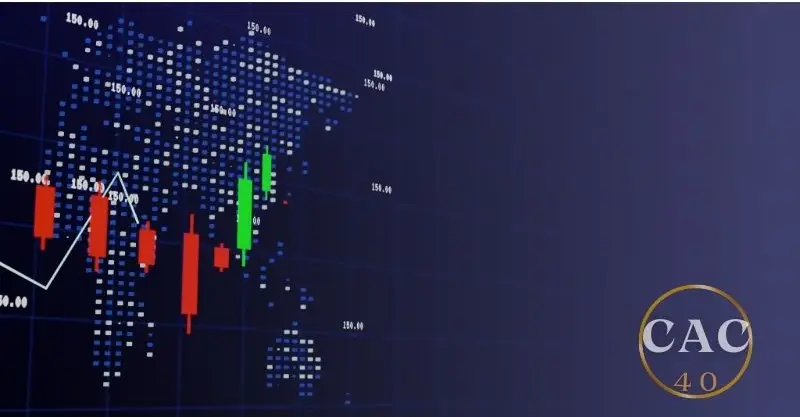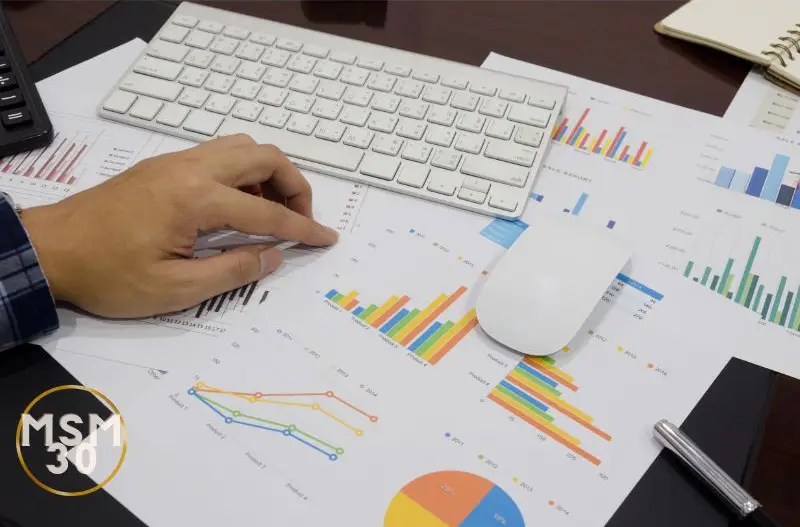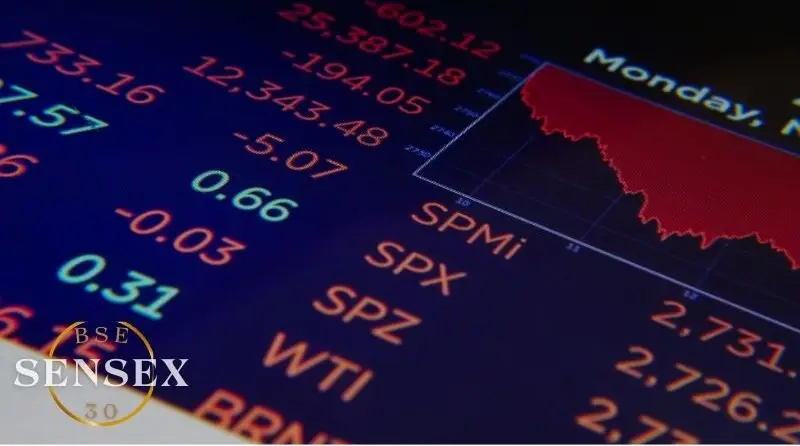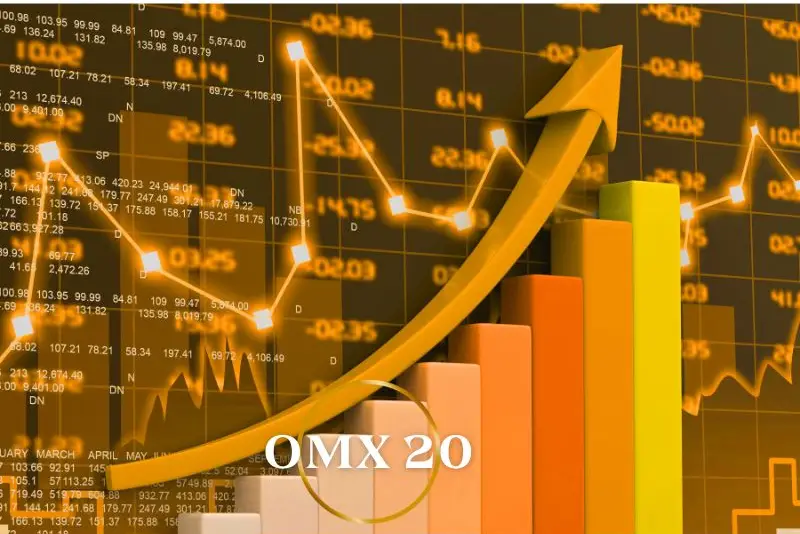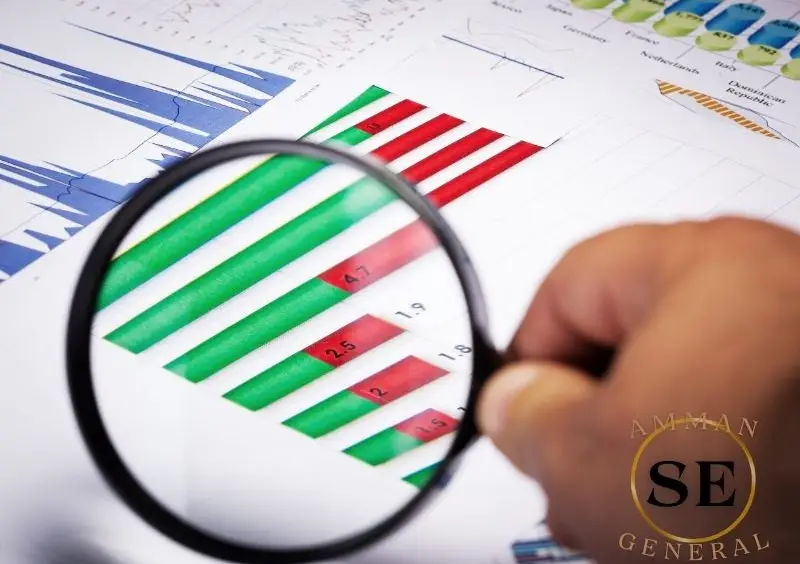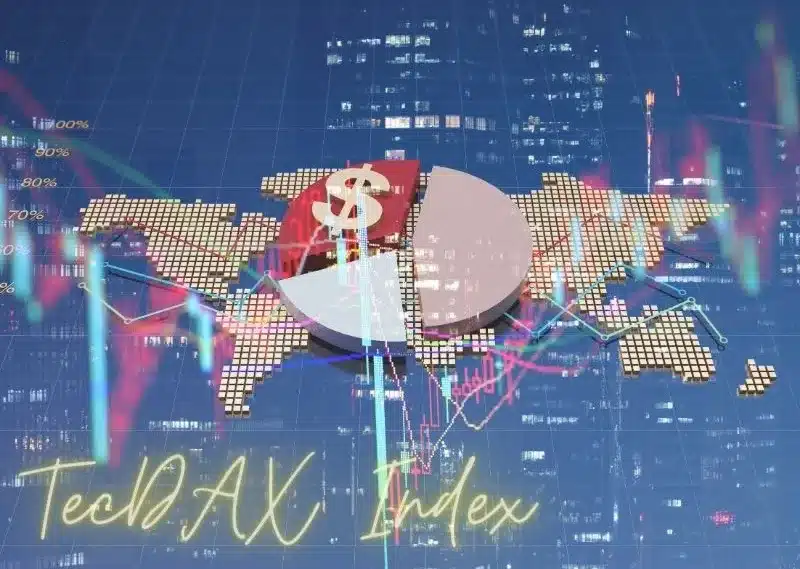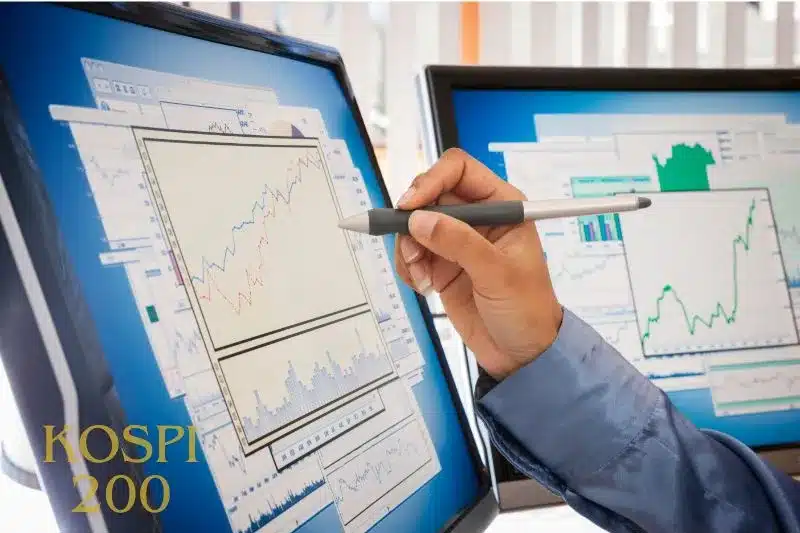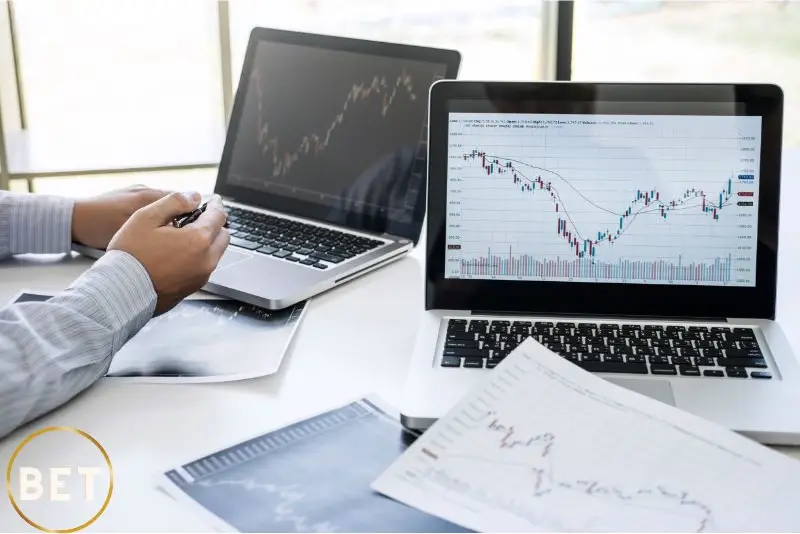Are you curious about the dynamic world of the stock market in Korea? Discover why it’s considered a crucial player in the global economy.
Korea’s stock market plays a vital role in driving economic growth and development in the region. It provides investors with opportunities to capitalize on various industries and sectors, making it an essential hub for international investments.
Some of the key stock indices in Korea include the KOSPI (Korea Composite Stock Price Index), KOSDAQ (Korea Securities Dealers Automated Quotations), and KRX 100. These indices track the performance of different segments of the Korean stock market, giving investors valuable insights into market trends and potential investment opportunities.
How Does the Stock Market Work in Korea
In Korea, the stock market functions similarly to other markets around the world. It is regulated by the Financial Services Commission and the Korea Exchange, where companies list their stocks for trading. Investors can buy and sell these stocks through brokerage firms or online platforms.
To invest in the Korean stock market, individuals must open a brokerage account with a local or international firm that offers access to Korean stocks. They can then start buying shares of companies listed on the Korea Exchange.
Some popular stocks in Korea that have shown consistent profitability include Samsung Electronics Co., SK Hynix Inc., Hyundai Motor Company, LG Chem Ltd., and Posco. These companies operate in various industries such as technology, automotive, chemicals, and steel production.
Investors can monitor stock prices and company performance through financial news outlets, market research reports, and official company announcements. It is essential to conduct thorough research before investing in any stock to make informed decisions.
Overall, the Korean stock market provides opportunities for investors to participate in the country’s economic growth and diversify their investment portfolios with potential high-performing stocks.
What is the benefits of buying stocks in Korea
Investing in the Korea stock market can offer several benefits for investors. Some of the key advantages include:
1. Diversification: Investing in Korean stocks allows investors to diversify their portfolio by gaining exposure to a different market, currency, and economy.
2. Growth potential: South Korea is home to many well-established companies as well as dynamic industries such as technology, automotive, and entertainment, offering potential for growth and returns on investment.
3. Stability: The Korean economy has shown resilience and stability over the years, making it an attractive option for long-term investors looking for stable returns.
4. Access to emerging markets: South Korea is one of the largest economies in Asia and provides access to other emerging markets in the region, allowing investors to tap into new opportunities.
When investing in the Korea stock market, here are some tips and takeaways to keep in mind:
1. Do thorough research: Before investing in any stock, it’s important to research the company, its financials, industry trends, and overall market conditions.
2. Consider working with a local broker: Working with a local broker who understands the Korean stock market can provide valuable insights and guidance for making informed investment decisions.
3. Monitor currency exchange rates: Since investments in foreign markets involve currency risk, it’s important to monitor exchange rates and consider hedging strategies if necessary.
4. Stay updated on regulatory changes: Keep abreast of any regulatory changes or economic developments that may impact your investments in the Korean stock market.
By following these tips and staying informed about market conditions, investors can make sound decisions when buying stocks in the Korea stock market and potentially benefit from its growth opportunities.
The main stock indices in Korea
In Korea, one of the most important stock market indices is the KOSPI (Korea Composite Stock Price Index). This index tracks the performance of around 800 companies listed on the Korea Exchange. It is widely used as a benchmark for the Korean stock market and is closely watched by investors, analysts, and policymakers.
Another significant index in Korea is the KOSDAQ, which focuses on smaller and medium-sized companies that are not included in the KOSPI. It provides investors with exposure to a different segment of the Korean economy and is often seen as a barometer for emerging growth sectors.
The regulation of stock market indices in Korea falls under the jurisdiction of the Financial Services Commission (FSC) and the Korea Exchange (KRX). These regulatory bodies oversee the calculation, maintenance, and dissemination of index values to ensure transparency and integrity in the market.
Stock market indices play a crucial role in providing investors with an overview of market trends, performance, and investor sentiment. They help investors make informed decisions about their investment strategies by offering a snapshot of how certain segments of the market are performing.
Overall, stock market indices like the KOSPI and KOSDAQ are essential tools for both domestic and international investors looking to understand and participate in the Korean stock market. By staying informed about these indices and their regulatory framework, investors can navigate the market more effectively and capitalize on potential opportunities.
Recap: The stock market in Korea
The stock market in Korea has experienced significant growth and development in recent years. With a strong economy and stable political environment, investors have shown increasing interest in Korean stocks.
One of the key factors driving the growth of the Korean stock market is the country’s technology sector. Korean companies like Samsung and LG have become global leaders in electronics and are major players in the stock market.
In addition to technology, industries such as automotive, healthcare, and finance also contribute to the strength of the Korean stock market. These diverse sectors provide investors with a range of opportunities for investment.
Overall, the Korean stock market offers a dynamic and exciting landscape for investors looking to diversify their portfolios. With robust economic fundamentals and a track record of innovation, Korea remains an attractive destination for those seeking exposure to international markets.




































